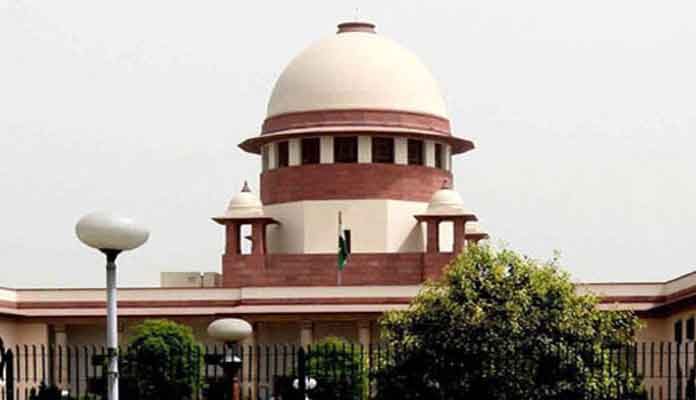Indian SC looks all set to make some historic decisions. In yet another landmark decision the Supreme Court gave a verdict that Indians possess a constitutional right to privacy. However, the right to privacy judgment may open other fronts for the Indian government.
The Prelude to the Right to Privacy
So what prompted the Indian Supreme Court to give a verdict on such a sensitive issue?
The SC gave the verdict in response to the petitions filed against the Aadhaar Biometric Program. The Aadhaar Biometric Program records the Iris Scans and Fingerprints of the entire Indian population.
The program that initially got launched as a voluntary scheme became compulsory. You could not open a bank account if you did not have an Aadhaar Card. Similarly, you could not file tax returns without the Aadhaar Card. The campaigners against the Aadhaar Card maintained that by mandating this card, the government is infringing upon their privacy.
Expansion of the Right to Privacy
There are so many things in India in which state interferes. Indian lawyers’ community argues that this decision of right to privacy might open a new can of worms. Sensitive matters of personal nature may also come under discussion after this verdict. They give examples of prohibition & homosexuality, civil rights issues, and possession of beef as matters involving the right to privacy.
The Supreme Court of India termed triple talaq unconstitutional. A case in which it took the power away from an individual, not allowing them to destroy the lives of their wives. In this case, it is taking the power away from the state to interfere in personal lives of its citizens.
Right to Privacy – Test for the Indian Democracy
It is a country of 1.3 billion consisting of a mix of religions, races, cultures, and traditions. Legal experts believe the right to privacy will test the Indian democracy. It would mean citizens going to the Supreme Court or other higher courts to challenge verdicts wherever state interferes.
Indian Constitution and Right to Privacy
The Indian Constitution does not explicitly say the citizens have the right to privacy. Similarly, the Indian government also understands that it cannot grant such provisions to the citizens. Therefore, the Indian government has already announced that the citizens cannot expect an absolute right to have privacy.
Breach of Security and Leakage of Personally Identifiable Information
It took nine Supreme Court judges to reach this conclusion. Besides the right to privacy, the court also stated that there did exist the risk of personal information getting misused. Furthermore, it said that there do exist challenges of protecting information in the era of Internet.
Right to be Forgotten
The EU has already passed the judgment that people could ask search engines to remove certain information from the Internet which appears against their names. It is not hard to see people in India going to the Supreme Court to exercise their right to be forgotten.
Issues Raised by the New Verdict on Right to Privacy
Here are a few issues where the SC has elaborated this right in detail.
Abortion
A woman will have the freedom to decide if she wants to bear a child or not. As this matter also falls into the privacy of the individual.
Euthanasia
The state can no longer choose to force feed the people it has imprisoned. The people cannot be asked to eat as it is a matter of personal choice and not something the state can decide.
Eat or Dress the Way You Like
 The SC, judging that it would have to deal with new interpretations of the law elaborated further. Indian Supreme Court said that nobody is liked to be told what they can or should eat or the manner in which they would like to dress. Therefore, it may have implications for the so-called cow slaughter ban.
The SC, judging that it would have to deal with new interpretations of the law elaborated further. Indian Supreme Court said that nobody is liked to be told what they can or should eat or the manner in which they would like to dress. Therefore, it may have implications for the so-called cow slaughter ban.
Political Affiliations and Associations
SC further elaborated that state has no business telling people with whom they should associate themselves. Therefore, the state cannot interfere with a person’s political, social or personal life.
Internet Hacking by State
There is no clear verdict available on this issue. The web hacking by the Union India for collecting personal information may also become part of the privacy right.
Aadhaar Card App Under Scrutiny
One of the graduates of the IIM made a mobile application for Ola, a hailing cab service. The app collects information like names, phone numbers, and addresses of the individuals. The application accesses the Aadhaar Card database without any prior approval. The UIDAI or (Unique Identification Development Authority of India) is already accusing him of the illegally accessing private information. So, the new court order may come into effect, initiating legal proceedings against him.


